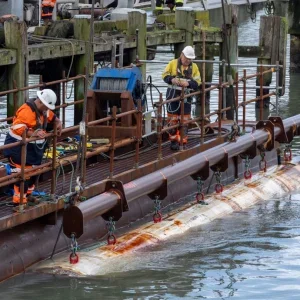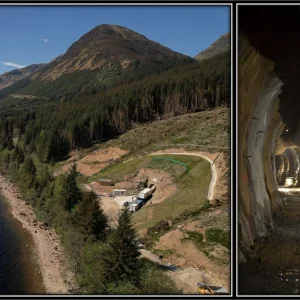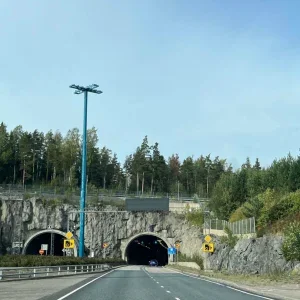The review aims to give government all the information it needs to make a decision on whether to proceed with the UK’s upcoming rail mega project. Critically, it will attempt to give accurate cost and schedule predictions.
The Department for Transport listed the following broader aims:
- Whether HS2 Ltd is in a position to deliver the project effectively
- The full range of benefits of the project
- The full range of costs of the project
- Whether assumptions behind the business case are realistic
- How realistic is the potential for cost reduction across the whole project
- The direct cost of reprioritising, cancelling or ‘de-scoping’ the project
- Whether and how the project could be re-prioritised (for example if the northern sections could be prioritised over the southern
- Whether any improvements would benefit other schemes
- If lessons from other mega projects can be incorporated
HS2 is north-south high speed rail link in the UK. Phase 1, between London and Birmingham is due to open at the end of 2026, with a second phase to Leeds and Manchester scheduled for completion by 2032-33.
The government approved the scheme in January 2012, but last month the project chairman reportedly warned its cost could rise by GBP 30bn (USD 36bn) and said it cannot be delivered within its GBP 56bn (USD 68bn) budget, although some government sources have previously mooted a figure of GBP 100bn (USD 121bn), this is not widely used.
Existing links into London are struggling for capacity and have been criticised for being unreliable. The project is also seen as a way to re-balance the notoriously London-centric UK economy towards the north. However, the project has come under attack for environmental, economic and political reasons from its beginning.







